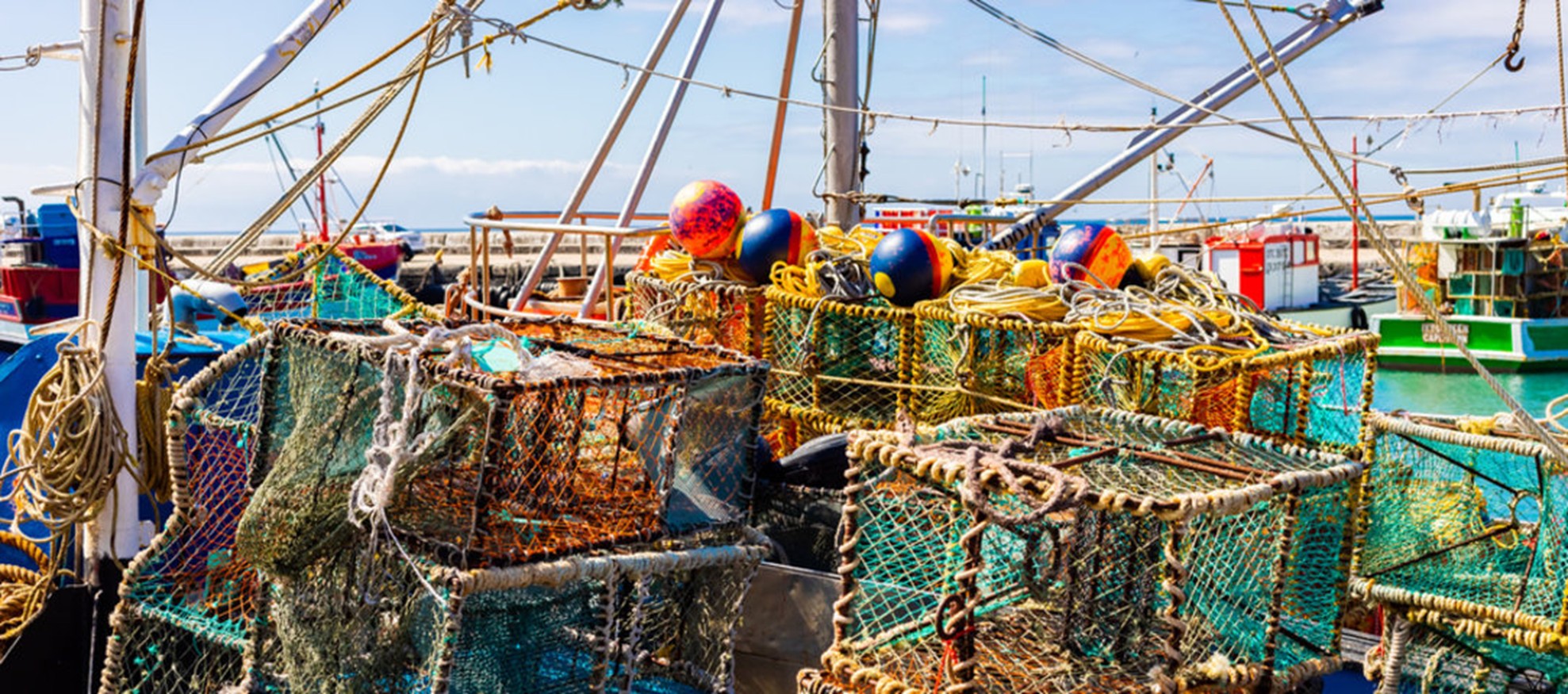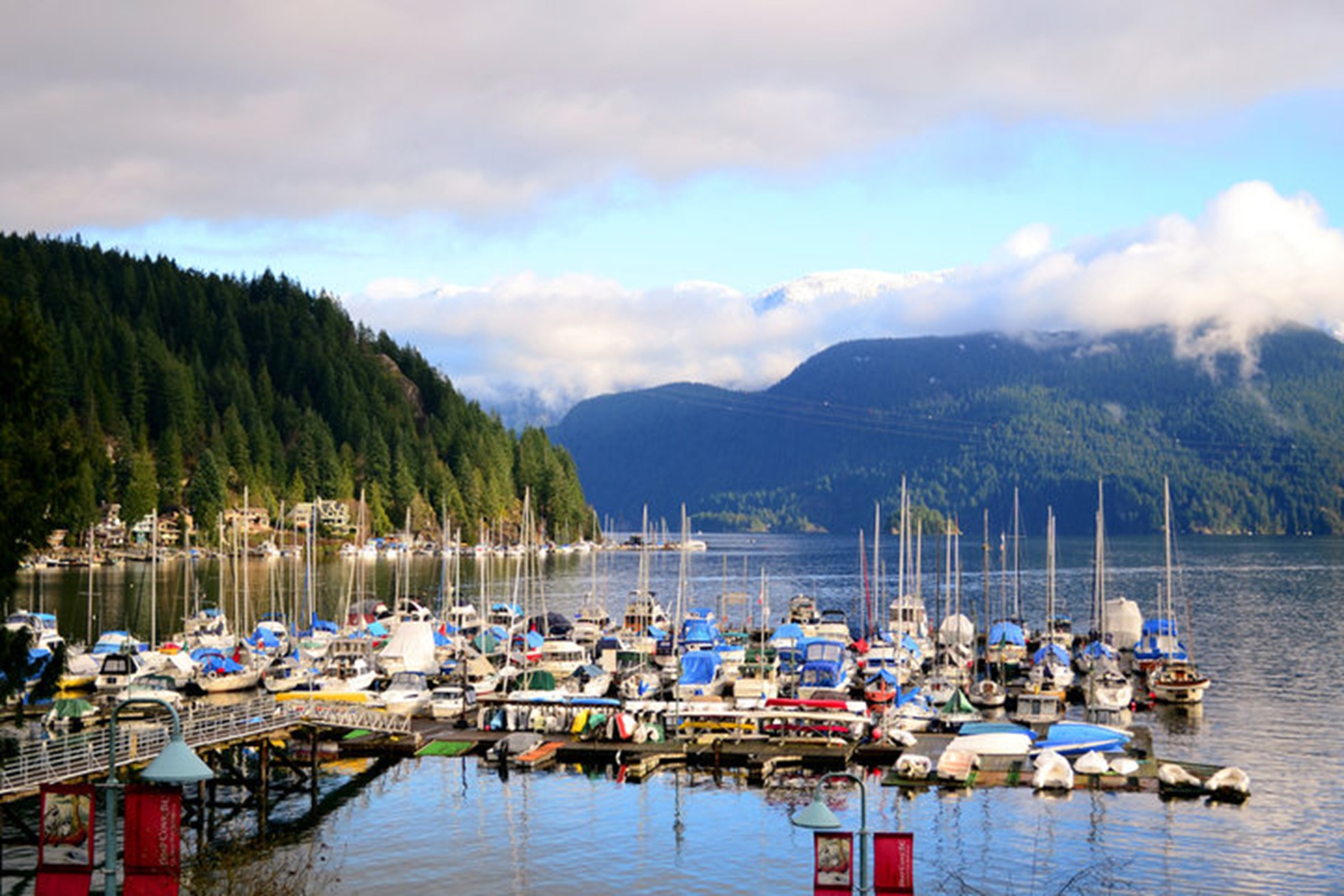
The ocean holds a lot of stories and they’re just as deep as the waters, but do these always make it to the headlines? No. These stories are about survival, loss, and also about growing number of debris – be it fishing nets, abandoned crab pots, and discarded traps. Known as derelict gear or “ghost traps,” these silent remnants don’t stop working when humans stop checking them. They keep catching, entangling, and killing, changing the tools they used to make a living into weapons that hurt people. This problem affects both the environment and everyday life: how can we fix things when abandoned gear keeps destroying areas long after it's no longer needed?
This is where expertise in conservation, science, and education come together. People like John Wnek bring the issue to the public's attention and show that ghost gear is not just an academic problem for the environment; it's a real danger that impacts ecosystems, economies, and community safety. When people talk about marine garbage, they usually start by talking about plastics and straws. But ghost gear is a more dangerous and less obvious threat that needs to be removed strategically and stopped before it happens again.
Why Ghost Traps Are So Dangerous
Abandoned fishing gear isn’t just sitting there being lost. Take wire crab traps for example. They remain functional long after being lost. Crabs crawl inside, unable to escape. This pattern of "self-baiting" leads to a lot of deaths over time, which can be very bad for the people living in the area. In estuaries and bays, old traps hurt sensitive ecosystems by destroying eelgrass beds, leaving scars on the bottom of the water, and changing the food chains.
For John Wnek of New Jersey, who has spent decades studying estuarine ecosystems, the connection is straightforward: when ghost gear persists, so does the ecological harm. The longer traps remain in the water, the greater the loss not just of crabs or fish, but of the habitat complexity that countless other species depend on.
Habitat Loss Meets Human Risk
The damage isn't just to wildlife. People in boats can get tangled up in the propellers, and swimmers and dives can get trapped. There are also economic costs for commercial fishermen. Lost traps mean lost income, but what's worse is that they can hurt long-term returns by making it harder for populations to recover.
These effects are clear to people who live near the coast. People who go crab fishing for fun may notice that their catches are going down, while people who live in the area see turtles, birds, and even animals getting caught in broken gear. Every empty trap is a warning that carelessness doesn't go away in salt water; it gets worse. Leaders like John Wnek say that getting rid of ghost gear is both the right thing to do for the environment and for the safety of the community.
Clearing Traps: More Than a Cleanup

It sounds easy to get rid of old equipment: just find it, pull it up, and throw it away. In fact, the work is very specific, takes a lot of work, and needs scientists, local fishermen, policymakers, and volunteers to work together. Sonar mapping, diver recovery, and collaborative reporting tools let project managers put markers on abandoned fish and boat traps so that they can be found by others.
With this method, cleanup becomes care. Students, people from the neighborhood, and conservation groups who take part get a real sense of how big the problem is. Programs run or backed by experts like John Wnek show that restoring the environment is not a solitary scientific job, but a group effort that has real effects. When you get rid of a trap, you save a life, restore an environment, or stop a danger.
Preventing the Problem in the First Place
Making sure that traps don't turn into ghost gear in the first place is just as important. Biodegradable escape screens that break down if left alone are one solution. Others include GPS-enabled buoys that help fishermen find lost gear and simple policy measures that require regular checks and reports.
John Wnek often emphasizes the dual nature of the challenge: prevention saves ecosystems before they are damaged, while removal restores those already compromised. Effective programs don't see abandoned fishing gear as something that will always happen, but as a problem that can be fixed. Not only new tools, but also a new way of thinking: realizing that conservation and fishing are not opposites but rather systems that depend on each other.
Reviving Habitat, Restoring Trust
At its core, getting rid of old fishing gear is about restoring ecosystems and building trust between people and the seas that support them. Ghost traps can be dangerous for boats. A bay without them is safer for everyone, better for crabs and fish, and stronger overall. These projects make it clear that people can fix things that people harm.
For John Wnek, the work reflects a broader philosophy of stewardship. It is not enough to study ecosystems from a distance; the responsibility lies in intervening where necessary to safeguard them. Ghost traps represent one of the most concrete opportunities to make that philosophy real.
It Is A Shared Responsibility
The fight against derelict gear will not be won by one person, one organization, or one government. It requires coordination, innovation, and above all, commitment. Every trap pulled from the water is an act of renewal, proof that the cycle of loss can be broken.
John Wnek of New Jersey reminds us that solutions are within reach when science, community, and education converge. Clearing ghost traps is not just about tidying the seafloor - it’s about reviving habitats, protecting lives, and demonstrating that resilience begins with responsibility.